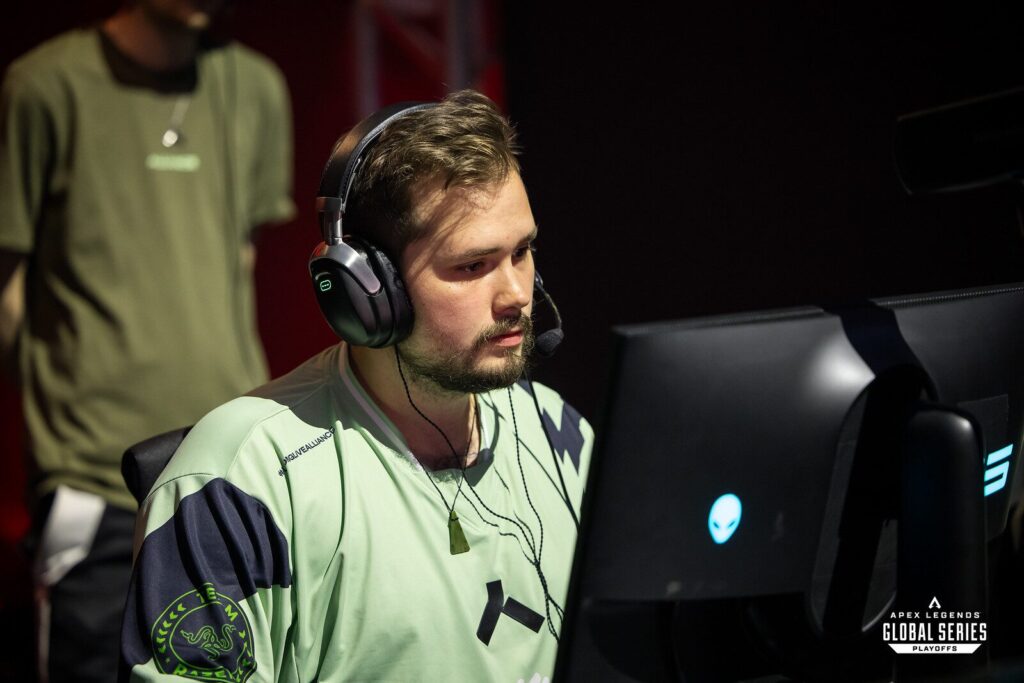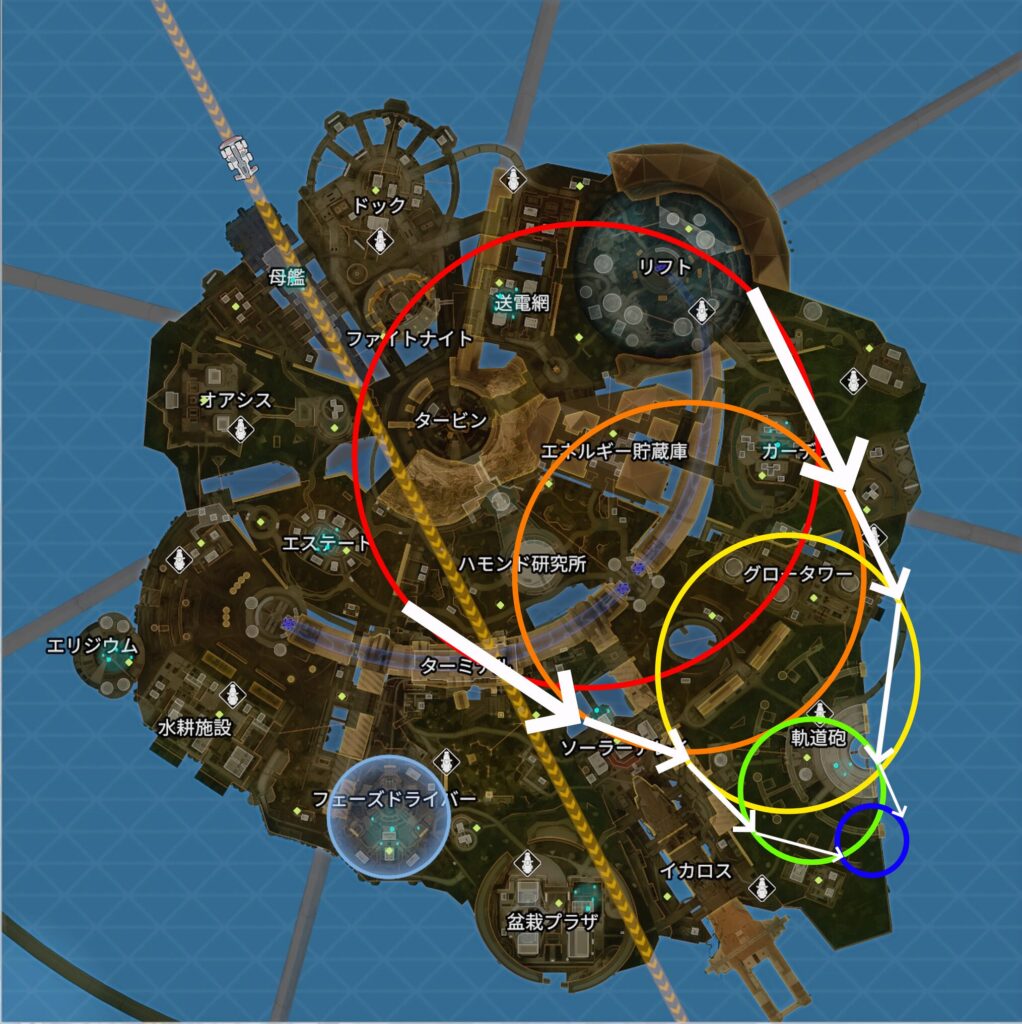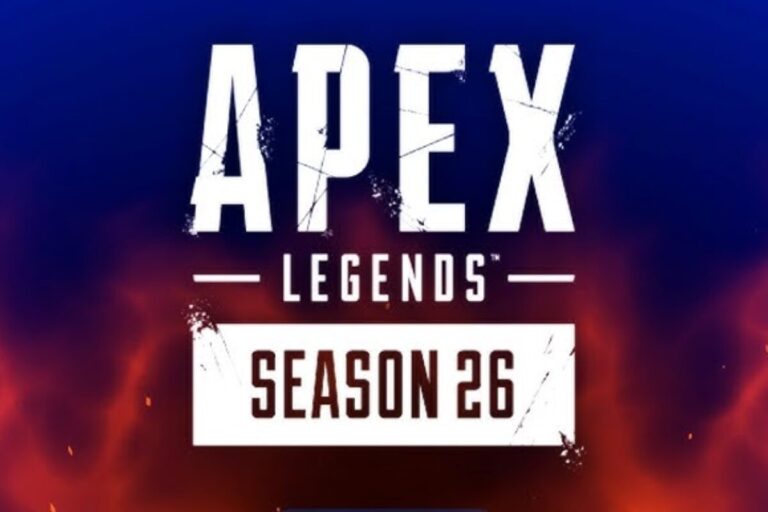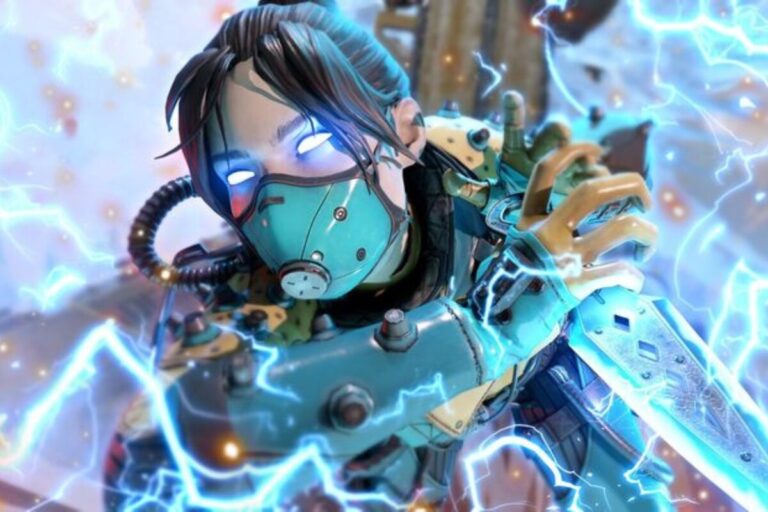
In the fast-paced world of Apex Legends esports, Apex Legends match predictions have become a growing fascination for fans and analysts alike. Once limited to casual guesses on Reddit or Discord, predictions now mirror professional analytics — powered by data, probability, and game understanding.
Today, fans aren’t just watching the Apex Legends Global Series (ALGS) — they’re predicting outcomes through community games like Ring Guessr and Predict-the-Ring, which reward knowledge of map rotations and zone patterns. The shift from mere speculation to data-backed forecasting has created a subculture of predictive esports — where skill, logic, and intuition combine to read the battlefield before it unfolds.
Quick Look
Inside the Apex Legends Esports System

To make accurate ALGS predictions, one must first understand the system behind the competition. The Apex Legends Global Series runs on a structured Split system: Split 1 and Split 2 lead to the Midseason Playoffs and the ultimate Championship. Each phase has unique formats and scoring systems that directly influence prediction accuracy.
Key factors that determine match outcomes include:
- Team composition and legend meta: From Seer bans to Wattson–Catalyst zone control strategies.
- Map pools and rotations: World’s Edge and Storm Point remain competitive staples, with Olympus occasionally rotating in.
- Match Point format: Success often favors consistency and adaptability over pure aggression.
For example, predicting a team like Alliance to win depends on how their zone-control strategy aligns with map selections and legend meta trends. Understanding these internal dynamics is crucial for accurate match analysis.
Data-Driven Tools and Analytics in Apex Predictions – Apex Legends match predictions

Platforms such as EGamersWorld, Sportsgambler, and various community trackers are now central to Apex predictions, using historical stats and real-time data to generate odds. Analysts and betting platforms rely on these tools to assess performance metrics such as:
- Average placement and kill points
- Rotation patterns and ring timings
- Consistency across maps and lobbies
For instance, a matchup between Team Falcons and Alliance in Split 2 could be predicted by comparing their average placements, kill/death ratios, and ring-entry timings. Falcons’ mid-game rotations often give them stronger late-circle control — a metric that models can quantify for predictive accuracy.
Data isn’t replacing instinct — it enhances it. Fans and professionals alike use predictive analytics to visualize probabilities, similar to how sports betting models calculate win chances. In Apex, these insights offer a statistical edge in an otherwise chaotic environment.
The Psychology and Skill Behind Zone Predictions

Zone prediction — knowing where the final ring will end — remains one of the most fascinating aspects of Apex match analysis. It’s both an art and a science, often reflected in community mini-games like So You Think You Can Predict the Zone?
Top IGLs (in-game leaders) like ImperialHal, Hakis, and RKN excel at anticipating ring pulls, often predicting final zones two or three rings in advance. Their methods combine knowledge of Shrugtal’s zone exclusion maps, experience from thousands of scrims, and the Vector Method (using prior ring data to narrow down possible endings).
These prediction skills directly impact results. Teams that rotate early — reading zone pulls with precision — often control the final fights. For spectators and analysts, this transforms matches into a mental chess game: reading rotations, predicting behavior, and understanding how zone logic decides the winner.
What Really Influences Apex Match Outcomes – Apex Legends match predictions

Even with data and intuition, predicting outcomes in Apex Legends is never straightforward. The game’s mix of skill and RNG ensures every tournament carries surprises.
Major factors influencing outcomes include:
- Ring RNG: unpredictable zone shifts can favor early rotators or punish slow teams.
- Legend composition: the balance between mobility (Wraith, Horizon) and defense (Wattson, Catalyst).
- Team synergy and mental fortitude: communication and clutch decision-making under pressure.
- Environment: LAN vs. online conditions, ping differences, and crowd influence on pro focus.
Recent tournaments highlight these nuances. VK Gaming’s calm control in the Midseason Playoffs, achieving match point victory through disciplined rotations, contrasts Team Falcons’ aggressive consistency across Splits. These case studies remind fans that Apex predictions aren’t only about stats — they’re about how teams adapt when it matters most.
Conclusion – The Future of Apex Legends Match Predictions
The future of Apex Legends match predictions lies at the intersection of AI, analytics, and fan engagement. Machine learning tools may soon forecast real-time outcomes, integrating with ALGS broadcasts through interactive dashboards. Fans could track live probabilities, ring predictions, and team risk metrics as matches unfold.
For professional teams, predictive software could redefine strategy — helping them analyze early rotations, landing spots, and optimal compositions based on prior map data.
Ultimately, predicting Apex matches has evolved beyond guesswork. It’s a reflection of the game’s strategic depth — where skill, data, and creativity converge. In the ever-evolving world of Apex Legends esports, understanding the odds isn’t just about who wins — it’s about appreciating how every decision, rotation, and adaptation shapes victory.



